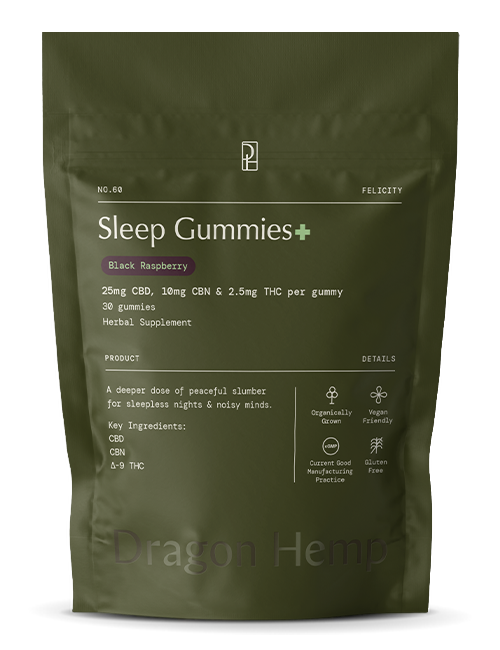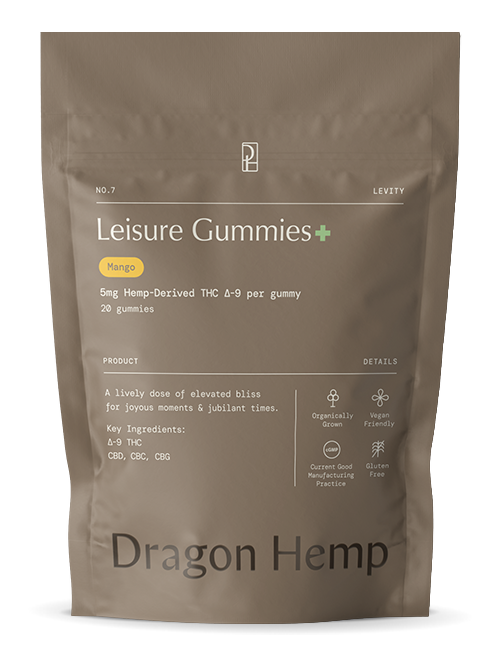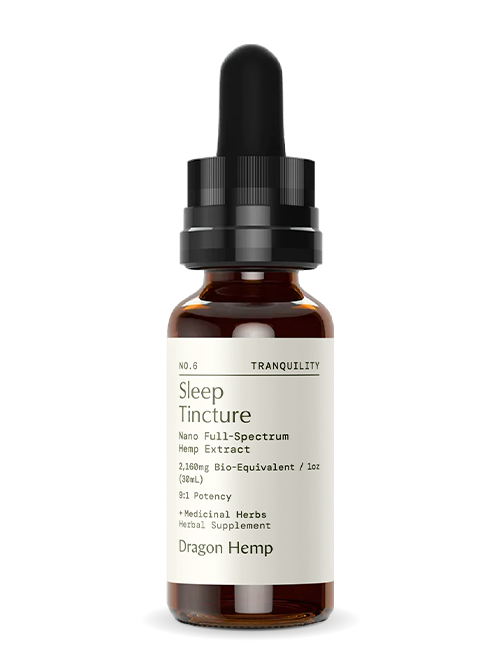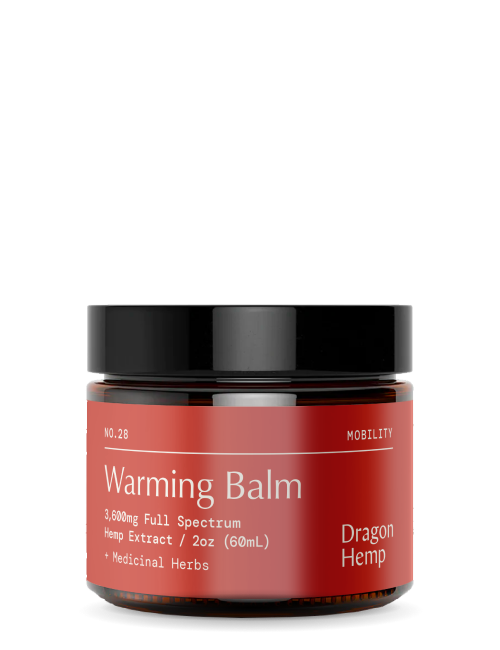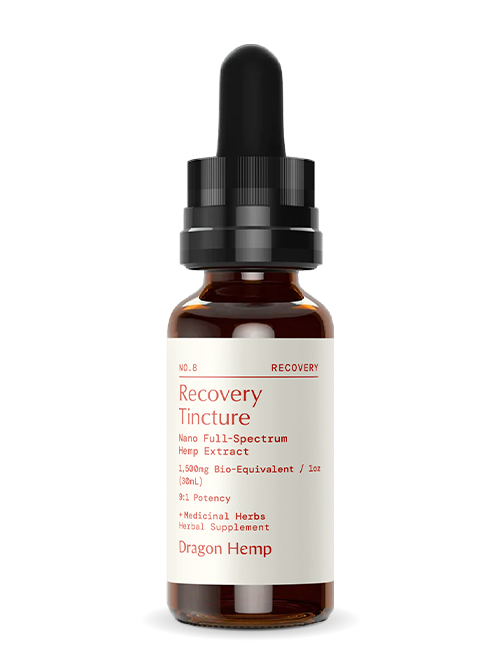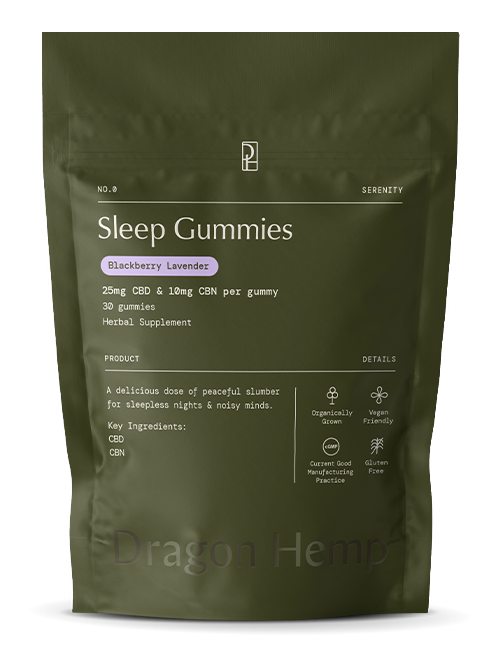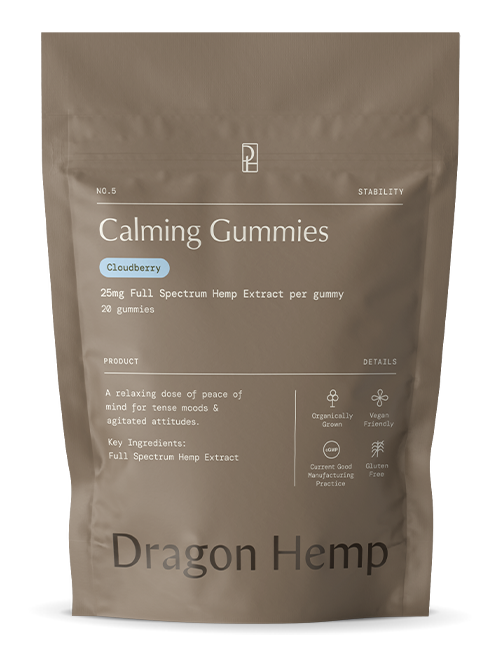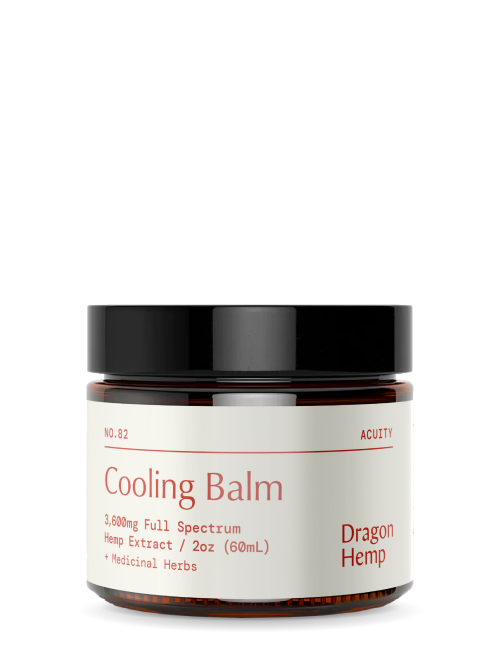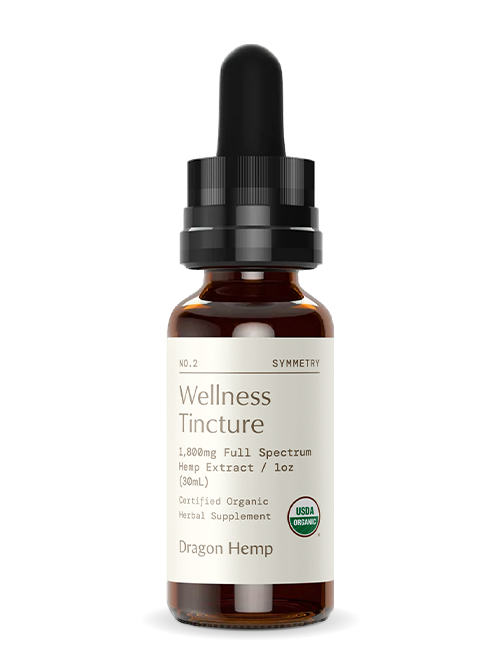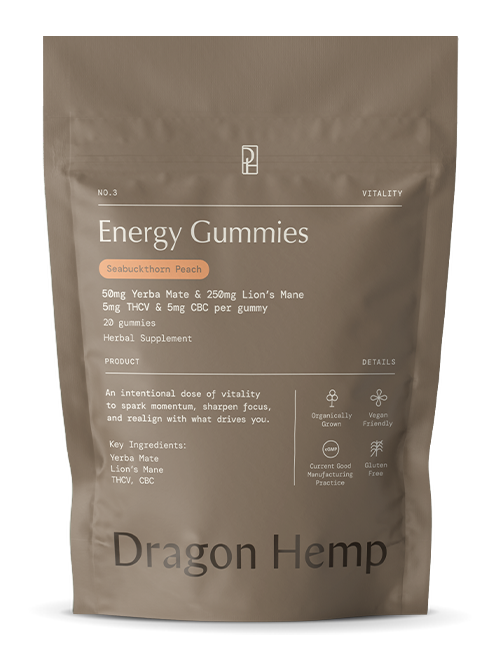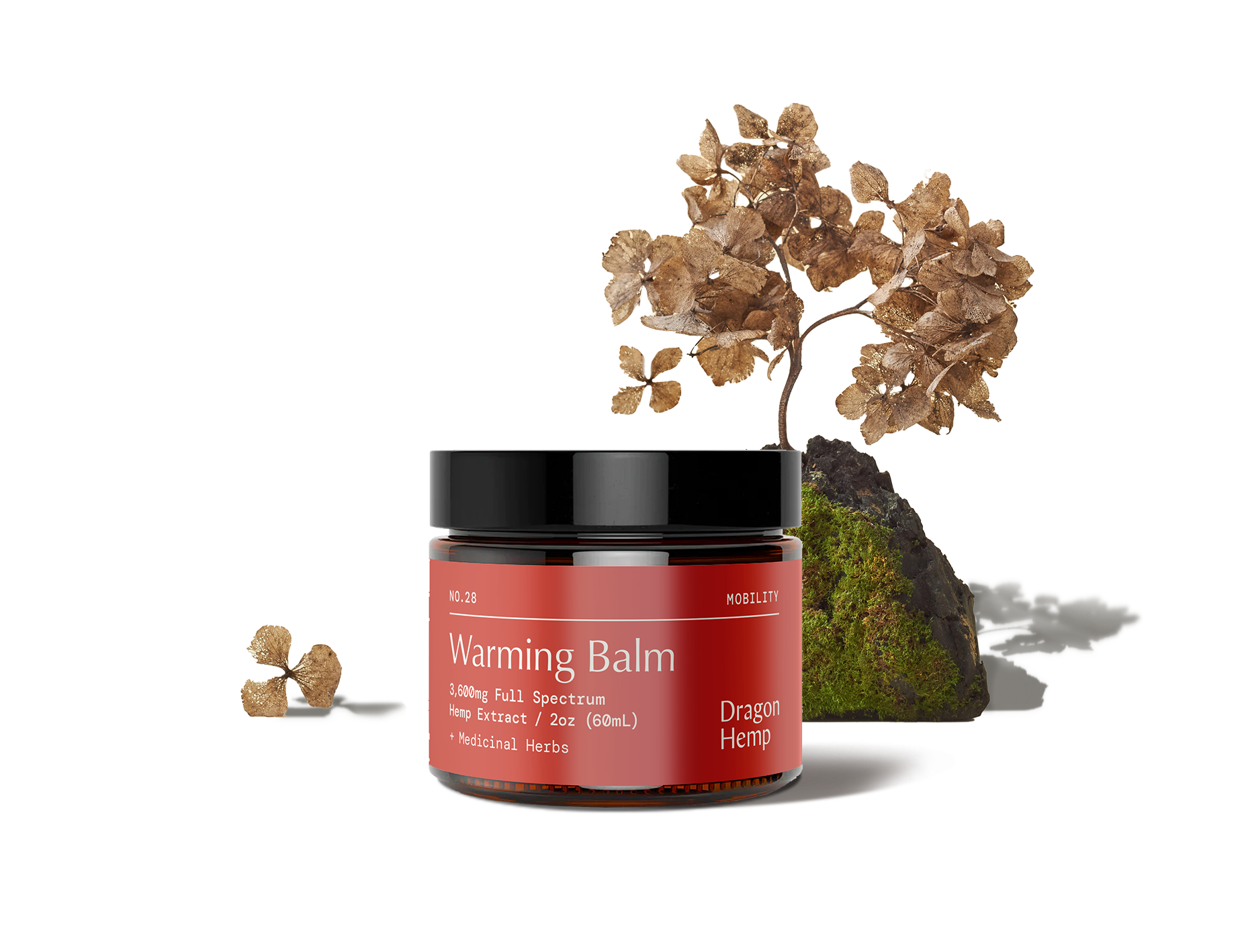
CBD for Sinus Infections
Cannabinoid supplements are not a new thing. Many people are now familiar with terms like CBD or THC and have an idea of their potential health benefits. That said, cannabis research is expanding at a dizzying speed. The use of cannabis compounds has soared in recent years, making it simply untenable to continue ignoring them.
While some of their health benefits have been proven by science, much work still needs to be done in this area. As one of the two most studied cannabinoids, CBD is thought to have a wide range of health benefits. Indeed, there is evidence that this non-psychoactive cannabinoid is a potent anti-anxiety, analgesic, anti-inflammatory, and anti-seizure agent.
Researchers are burning the midnight oil to expand the scope of their investigations, working hard to uncover more therapeutic properties of CBD. Thus far, the signs are promising.
This article presents what is known thus far on CBD’s ability to manage sinus infections. However, this is a new area of research, with few scientific studies. Still, CBD has many beneficial qualities, and we’ll present how some of these may help with sinus infections.
Key takeaways
- Sinusitis is a condition of the sinuses that results from inflammation.
- It affects over 30 million Americans annually.
- CBD has emerged as a potential therapeutic option for managing some sinusitis symptoms. That’s due to its potent anti-inflammatory and analgesic qualities.
- It achieves these effects by binding to particular receptors in the body to trigger physiological processes that help alleviate sinusitis-induced inflammation and pain.
What is Sinusitis?
So, let’s start with the basics.
Sinusitis is a common condition that affects the sinuses. It is an inflammation of the tissue lining the sinus, mostly due to a bacterial, viral, or fungal infection. It can also be caused by a deviated septum, nasal polyps, allergies [to things such as molds], or the common cold.
Sinuses are cavities on the front part of your face spanning the nasal region to the lower forehead. Their function is to make mucus to clean and protect the nose channels from dust and pathogens.
Usually, the sinuses are filled with air. However, they occasionally get filled with fluids leading to blockages that spur bacterial growth. When this happens, you get bacterial sinusitis. Often though, viruses are more likely to cause sinusitis.
There are four types of sinuses:
- The frontal sinuses, which are located just above the eyes
- The ethmoidal sinuses found between the eyes
- Maxillary sinuses situated just below the eyes
- Sphenoidal sinuses, which are located behind the eyes
The maxillary sinuses are the biggest and are the ones usually affected by sinusitis. No one knows why these sinuses are particularly vulnerable– perhaps it’s because they are closest to the nose.
Anyone can be affected by sinusitis, however people with asthma, nasal allergies, polyps, or abnormal nasal structures usually get infected more often. Behaviors like smoking also increase the risk of contracting sinusitis, so it’s better to avoid them.
Infants and young children in daycare centers also have higher-than-average chances of getting sinusitis. It is speculated that drinking from bottles while lying down or using pacifiers may have a role to play in this.
Sinusitis can be acute or chronic and is often accompanied by facial pain and a stuffy and/or runny nose; an impaired sense of smell is also a common symptom.
A sinusitis infection can, typically, last longer than 10 days. In chronic cases, the symptoms may stick around for 4-12 weeks. For people with recurring infections, attacks may occur four or more times per year with short-lived symptoms (less than 2 weeks).
More than 31 million Americans suffer from sinus infections every year. The good news is that decongestants and antibiotics are often effective against bacterial sinusitis.
Some of the common symptoms of sinusitis include:
- Runny nose
- Facial pain/pressure
- Blocked nose (congestion)
- Bad breath
- Inflammation
- Fatigue
- Impaired sense of smell
- Headache
-
Postnasal drip (mucus that flows back into your throat)
So, you are well justified in finding out how CBD may help reduce some of these symptoms, especially when the cause is non-bacterial.
CBD for sinus infections
If you are interested in a more natural way to soothe some of the effects of sinusitis, then CBD oil may be the one for you.
The primary ingredient in CBD oil is…well…CBD. This compound belongs to the family of cannabinoids. Cannabis has many different types of chemical compounds; cannabinoids are just one class of compounds.
After THC, CBD is the second-most abundant cannabinoid. Unlike THC, CBD does not bind to CB1 receptors but can antagonize these receptors in the presence of THC. However, it displays a partial affinity for CB2 receptors.
The vast majority of CBD’s pharmacological targets are non-cannabinoid receptors like the ion channels, and G-protein coupled receptors (GPCRs). It also exhibits inhibitory effects at several enzyme receptors, e.g., 5-HT1A, prostaglandins G/H synthase 1 and 2, etc.
In the next section, we explain why CBD’s interaction with various receptors is critical to reducing some sinusitis symptoms.
How Does Sinusitis Affect the Endocannabinoid System?
Within our bodies is a crucial neuromodulatory system called the endocannabinoid system (ECS). Its job is to maintain homeostasis, i.e., stabilize the internal body environment.
Many things tend to throw our internal body environment off kilter – diseases, medications, health conditions like stress, etc. When this happens, the body ceases to function optimally. To be able to do its work, the ECS mediates at least 15 different bodily functions, including sleep, mood, digestion, immune system function, emotion, pain perception, etc.
Most health conditions are generally due to an imbalance of hormones in the body. For example, stress causes a buildup of cortisol. In higher amounts, it essentially triggers the flight-or-fight response mechanism, priming the body for survival.
After a stressful period, your cortisol levels automatically revert to normal levels. However, sometimes this does not happen, leading to undesirable consequences, e.g., high blood sugar, type 2 diabetes, obesity, etc.
The same principle applies to sinusitis. When the sinuses are invaded by bacteria (or viruses), the body releases more white blood cells to fight the pathogens. This means more blood flow to the affected area. As a result, more fluids are pumped into the nasal tissues, causing swelling (inflammation). In turn, the swelling triggers the nerve endings, causing pain.
Besides the pain, the swelling also makes it difficult to breathe. So, you have a situation where one thing leads to another, then triggers another, thus affecting your overall health.
Benefits of CBD for sinus pain
If you’ve experienced sinusitis, then you know it can cause considerable discomfort. The pain, inflammation, congestion, headache, and fatigue can spoil your day. But in CBD, you have a potential ally that can help alleviate some of these symptoms.
CBD has anti-inflammatory properties which may help reduce inflammation. Research shows that CBD can reduce inflammation by:
- Lowering the levels of pro-inflammatory cytokines
- Inhibiting the production of T lymphocytes
- Triggering T lymphocyte apoptosis (cell self-destruction)
- Preventing immune cells from migrating
Another study found that CBD demonstrates anti-inflammatory effects on arthritis pain. There is evidence also that when combined with other cannabinoids like CBG, CBD’s anti-inflammatory property was strong enough to treat diseases characterized by airway inflammation.
On CBD’s analgesic qualities, research is generally inconclusive. That’s because most studies investigating its painkilling properties typically use nabiximols. These are cannabis-based formulations that have CBD and THC in different ratios. So, it is unclear whether the pain-relief effect is due to CBD or THC.
Another review of studies on CBD’s analgesic effects suggested that it appears to reduce pain by increasing the bioavailability of neurotransmitters involved in pain perception, e.g., serotonin.
The other advantage of using CBD for sinus pain is its holistic effect. In other words, it resolves health problems at their root causes. This could be due to its ability to interact with multiple therapeutic targets.
So, besides sinus pain and inflammation, CBD may also help with co-occurring issues like sleeplessness and fatigue. Interestingly, a recent US survey showed that adults who regularly use cannabis were less likely to contract sinus symptoms like a runny nose, nasal congestion, and loss of sense of smell.
Evidently, you have everything to gain by using CBD oil to manage sinusitis.
Does CBD help sinus headaches
A sinus headache feels different from a normal headache. It is often characterized by pressure around the forehead, eyes, and cheeks. Sometimes it may be accompanied by classic sinus symptoms, e.g., stuffy nose, fatigue, and aching upper teeth.
If you have these symptoms, you could be dealing with a sinus headache or a migraine. You can differentiate the two by checking if bright lights worsen them. If it does, it is probably a migraine. Also, sinus headaches aren’t associated with vomiting or nausea, as migraines are.
There is no hard evidence that CBD can help with a sinus headaches. However, CBD might help if headache pain is involved due to its analgesic properties.
Can CBD help with sinus problems
Yes, there are many reasons to believe that CBD can help with sinus problems. That’s because at the center of every sinusitis episode is an inflamed sinus.
CBD appears to be a potential remedy for sinus problems because it boosts immune system function by activating the endocannabinoid system. It also has anti-inflammatory and antibacterial characteristics. These come in handy in alleviating inflammation and fighting the pathogens responsible for the thick mucus that clogs the airways. This makes it easier to breathe.
But more importantly, CBD is a viable option because it achieves all these without altering your mental state. That’s because it is completely non-psychoactive. Moreover, like many other natural fixes, CBD does not have the side effects associated with conventional meds.
Even though regular antibiotics can also do the job just fine, some end up killing the good bacteria in your body. This can create an imbalance in your microbiome and affect overall body balance and health. That’s why doctors sometimes recommend delaying prescribing antibiotics or watchful waiting when treating sinusitis. This is to give your immune system time to fight the infection.
In most cases, sinusitis typically resolves on its own without the need for medication.
How to Use CBD for Sinuses
If you have recurrent sinusitis, you can try CBD to help alleviate the symptoms. Start by discussing your treatment options with a professional cannabis chemist.
The treatment plan will depend on the severity of your symptoms. The common types of CBD you can consider are:
- Oils and tinctures: these come in a liquid form and are placed under the tongue (sublingual administration). Most people prefer these due to their fast-acting nature, higher bioavailability, and minimal lung irritation.
- Edibles: CBD is available in many edible forms, e.g., gummies, capsules, pills, etc. These are normally ingested and are a favorite for many because they are discrete. Even though their bioavailability is low compared to other methods, they are ideal for microdosing.
- Vapes: with vape carts, you can inhale CBD without having to contend with the dangers of smoke. A significant advantage of CBD vapes is that the effects kick in faster than other forms. Inhalation also has the highest bioavailability levels, meaning you get the results more quickly.
Where to buy CBD for sinus pain
At Dragon Hemp, we manufacture high-quality cannabis-based products designed to perform specific functions.
For instance, our Rest Sleep Support tincture contains 1,800 mg of premium hemp CBD, CBN, and a host of potent adaptogenic herbs like passionflower to help restore body homeostasis. It also helps calm the mind and body, putting you in good shape to forget all about the pain and fall asleep faster.
We also have the Balance Wellness tincture made with 1,200 mg of CBD hemp oil. This is ideal for reducing inflammation and anxiety that may come with chronic sinusitis. It also calms the central nervous system, inducing full-body well-being.
If you want something tastier and easy on the palette, then these Sleep Gummies are the best. With 20 mg of premium-grade CBD and 5 mg of CBN, nothing eases you gently into dreamland better than these delectable edibles. What’s more, they come in two flavors so you can choose your best taste to la-la land.
Feel like yourself again.
Peruse our collection of plant-based therapeutics blending time-honored herbal remedies with next-generation cannabinoid extracts.







